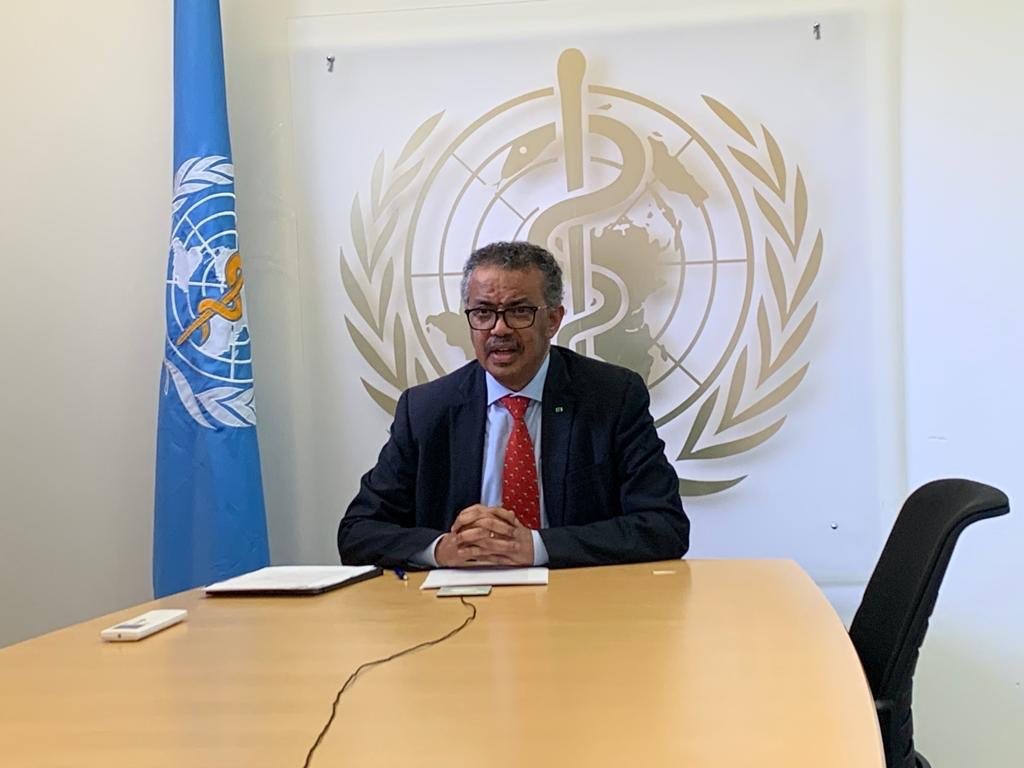We’re investigating some herbal medicine for COVID-19 – WHO

The World Health Organisation (WHO) says it is investigating traditional medical products for the treatment of COVID-19.
In a statement issued on Monday, the organisation said it “recognises that traditional, complementary and alternative medicine has many benefits and Africa has a long history of traditional medicine and practitioners that play an important role in providing care to populations”.
In recent times, there have been treatment options offered on traditional medicine, including one by a group of researchers in Edo state, who say they have produced a herbal drug “specifically for the treatment of COVID-19”, although NAFDAC insists it has not approved any herbal cure for COVID-19.
Citing medicinal plants such as Artemisia annua which are being considered as possible treatments for COVID-19, WHO said such plants have to be tested for efficacy and adverse side effects.
“Africans deserve to use medicines tested to the same standards as people in the rest of the world. Even if therapies are derived from traditional practice and natural, establishing their efficacy and safety through rigorous clinical trials is critical,” it read.
The organisation noted that it is working with research institutions to “select traditional medicine products which can be investigated for clinical efficacy and safety for COVID-19 treatment”.
It also said it would continue to support countries “as they explore the role of traditional health practitioners in prevention, control, and early detection of the virus as well as case referral to health facilities”.
“As efforts are underway to find treatment for COVID-19, caution must be taken against misinformation, especially on social media, about the effectiveness of certain remedies. Many plants and substances are being proposed without the minimum requirements and evidence of quality, safety and efficacy,” it added.
“The use of products to treat COVID-19, which have not been robustly investigated can put people in danger, giving a false sense of security and distracting them from hand washing and physical distancing which are cardinal in COVID-19 prevention, and may also increase self-medication and the risk to patient safety.
“WHO welcomes every opportunity to collaborate with countries and researchers to develop new therapies and encourages such collaboration for the development of effective and safe therapies for Africa and the world.” (The Cable)

